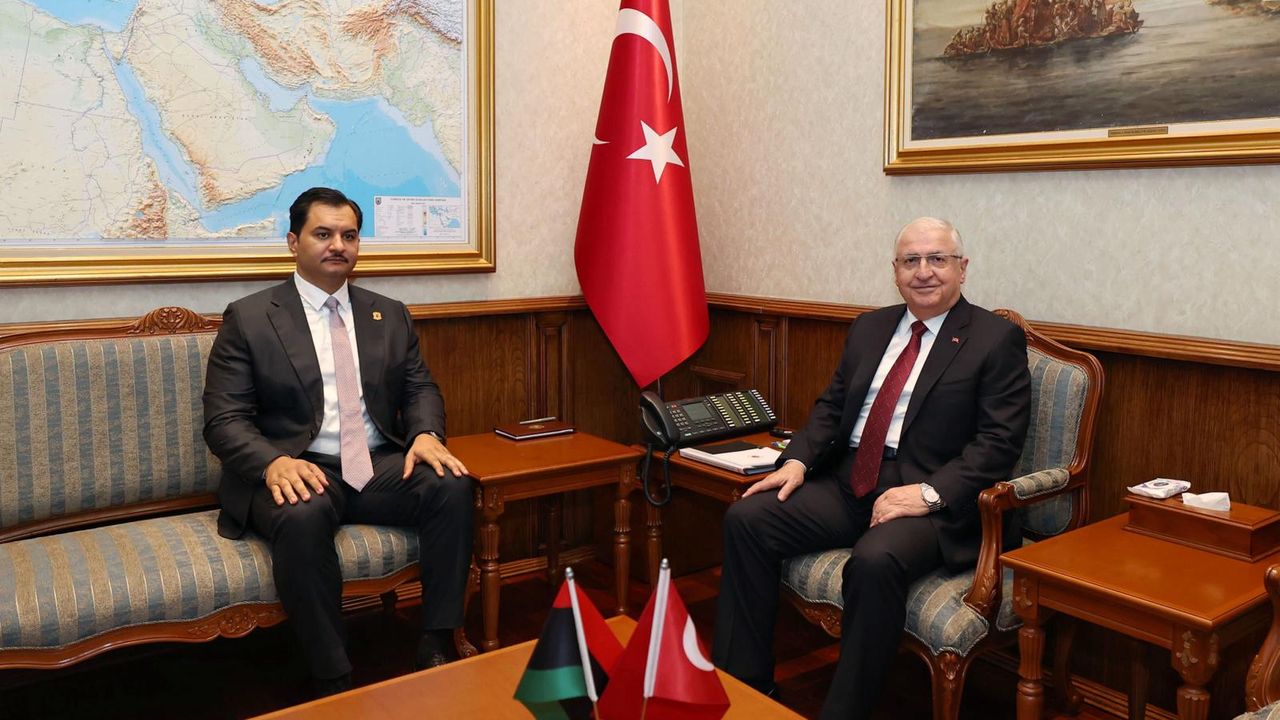Tensions rise in Libya as rival militias approach the capital

Tensions are rising in western Libya as rival militias amass near the capital with fears that the country could collapse back into civil war.
Reported by Asharq Al-Awsat on April 7th, armed factions have been seen gathering in the western city of Misrata with reports of armed conveys heading towards the capital, Tripoli.
Residents of Tripoli have met with the leaders of armed factions to urge them to bolster their security presence through fears of a military confrontation.
The Tripoli Protection Force, a militia claiming to defend Tripoli and its residents from external threats, issued a statement strongly warning members of rival armed factions against dragging the capital into a “futile war.”
It vowed that it “won’t allow anyone to meddle with the stability of the capital and threaten the lives of its people,” before threatening a, “violent and unprecedented retaliation to any military advance on Tripoli.”
The Tripoli Protection Force have pointed fingers at members of the western-based Government of National Unity (GNU) for instigating the escalation because “of their open or implicit support of these gangs,” including the Prime Minister Dbeibah.
The Force have accused Prime Minister Dbeibah of “selling out the nation” to foreign powers and of working with “suspicious alliances to control the capital and extend his rule by force.”
Accusations of authoritarian tendencies are growing with Maghrebi recently reporting on the UN’s criticisms over the waves of arbitrary arrests in Libya. The UN Support Mission in Libya (UNSMIL) said security actors and law enforcement were targeting individuals for their alleged political affiliations in order to “silence perceived dissent and to undermine judicial independence. These unlawful practices create a climate of fear, shrink civic space and erode the rule of law.”
The UN’s criticisms have marked an unexpected departure from its strict line of support for the western-based government. Libya has been in political chaos since the NATO-backed toppling of authoritarian dictator Moammar Ghaddafi. However, with no ‘stage 4’ planning, the country was left in ruins. A power vacuum generated a multiplicity of armed factions and militias vying for control of resources.
The Government of National Unity was implemented with the intention of bringing rival factions together to form a united government. Instead, there exists a dysfunctional and corrupt, yet UN-recognized, government based in Tripoli who have the support of many western countries and institutions. In the east, there exists a rival government – the Libyan National Army-backed government – supported by Egypt, Russia and others.
Armed groups have undergone a process of “institutionalisation”, meaning their representatives have infiltrated the top levels of the army, security apparatus, and the government. Many senior government officials support or receive support from particular militias to bolster their political power.
Accusations that the Prime Minister himself is instigating a military mobilisation which could threaten peace in the country’s capital should raise international concern.
Asharq Al-Awsat, Maghrebi
Want to chase the pulse of North Africa?
Subscribe to receive our FREE weekly PDF magazine












